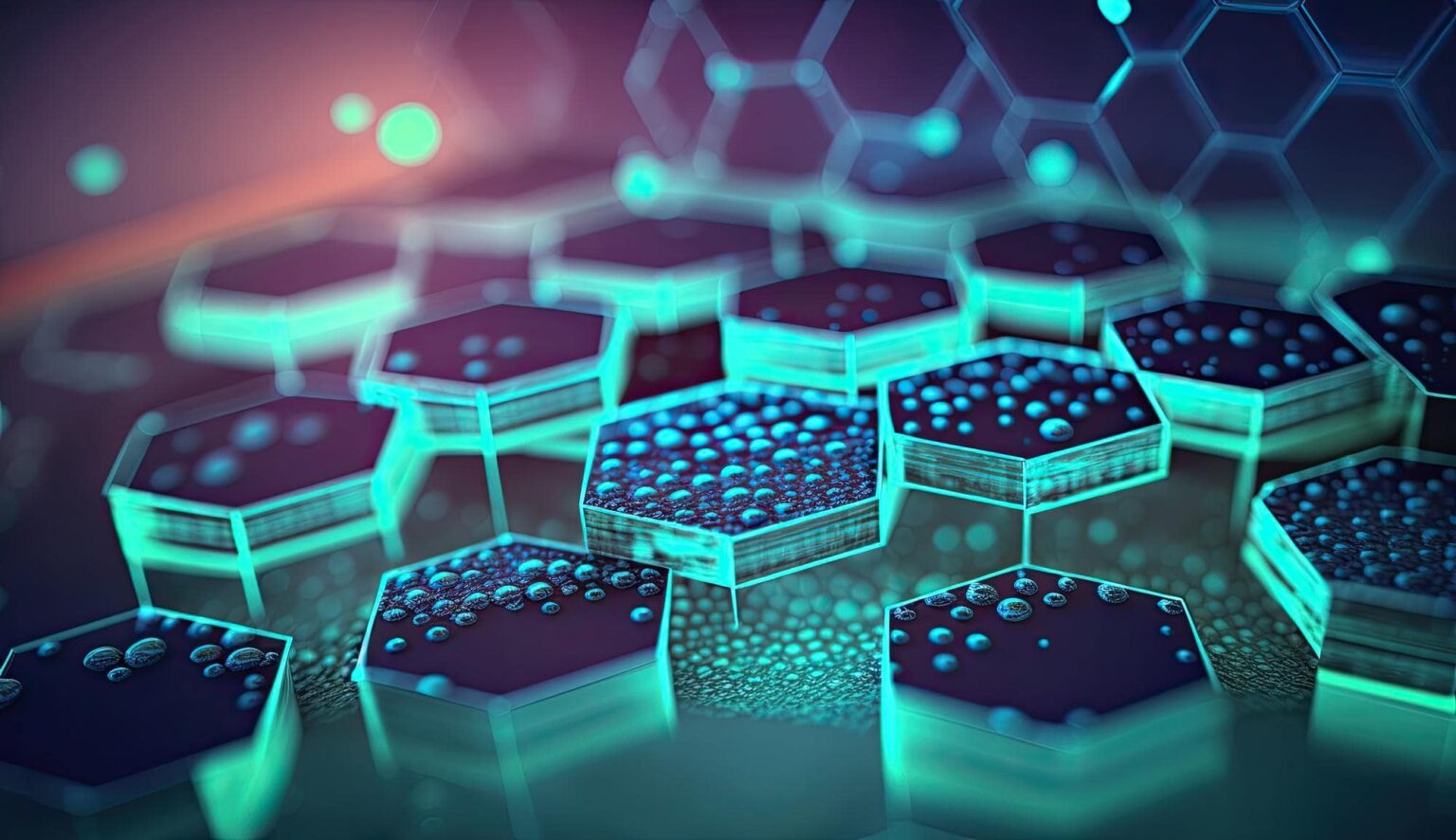The future of pharmaceutical and life sciences technology holds tremendous potential for advancements and innovations that will revolutionize healthcare, drug discovery, and patient care. Here are some key areas where significant progress is expected:
- Precision Medicine and Personalized Therapies: Advances in genomics, molecular diagnostics, and bioinformatics are paving the way for precision medicine. By analyzing an individual’s genetic makeup, lifestyle, and environmental factors, healthcare providers can tailor treatments to each patient’s unique characteristics. This approach allows for more effective therapies with fewer side effects. Precision medicine also includes the development of targeted therapies and gene editing techniques like CRISPR-Cas9, enabling precise modifications to disease-causing genes.
- Artificial Intelligence (AI) and Machine Learning: AI and machine learning are poised to transform various aspects of pharmaceutical and life sciences technology. These technologies can analyze vast amounts of data, including patient records, clinical trials, scientific literature, and molecular structures, to identify patterns, predict outcomes, and assist in drug discovery. AI algorithms can accelerate drug development by identifying potential drug candidates and optimizing clinical trial designs.
- Digital Therapeutics: Digital therapeutics refer to software-based interventions that complement or replace traditional pharmaceutical treatments. These interventions utilize mobile apps, wearable devices, and other digital platforms to deliver therapeutic interventions and monitor patient progress. Digital therapeutics can help manage chronic conditions, improve medication adherence, and provide personalized patient support.
- Biopharmaceuticals and Gene Therapies: The development of biopharmaceuticals, including monoclonal antibodies, therapeutic proteins, and vaccines, continues to advance. These complex molecules offer targeted therapies for a wide range of diseases, including cancer, autoimmune disorders, and infectious diseases. Additionally, gene therapies, which involve introducing genetic material into a patient’s cells to treat or prevent disease, hold promise for curing genetic disorders and certain types of cancer.
- Drug Delivery Systems: Innovations in drug delivery systems aim to improve the effectiveness, safety, and convenience of medication administration. Nanotechnology-based drug delivery systems, implantable devices, microneedle patches, and targeted drug delivery methods are being developed to enhance drug efficacy, reduce side effects, and improve patient compliance.
- Digital Biomarkers and Wearable Devices: Wearable devices, such as smartwatches and fitness trackers, are increasingly being utilized to collect real-time health data, monitor vital signs, and track patient behaviors. These devices can generate valuable insights and digital biomarkers, providing healthcare professionals with objective data for diagnosis, disease management, and personalized treatment planning.
- Blockchain in Healthcare: Blockchain technology offers secure and decentralized data storage and sharing, which is particularly relevant in healthcare and life sciences. Blockchain can enhance data security, interoperability, and integrity, facilitating the secure exchange of patient information, clinical trial data, and supply chain data. It can also streamline the management of electronic health records and improve transparency in drug supply chains.
- Robotics and Automation: Robotics and automation technologies are transforming various aspects of pharmaceutical and life sciences operations, including drug discovery, laboratory processes, and surgical procedures. Robotic process automation (RPA), laboratory automation, and robotic surgery systems improve efficiency, accuracy, and precision, leading to faster and more reliable results.
- Virtual and Augmented Reality: Virtual reality (VR) and augmented reality (AR) technologies have the potential to enhance medical training, surgical planning, and patient education. VR simulations can provide immersive training experiences for medical professionals, allowing them to practice complex procedures in a safe and controlled environment. AR can overlay digital information onto the real-world view, assisting surgeons during operations and aiding in medical education.
These advancements and innovations in pharmaceutical and life sciences technology have the potential to significantly improve patient outcomes, accelerate drug development, and enhance the overall healthcare landscape. By leveraging these technologies, healthcare providers, pharmaceutical companies, and researchers can deliver more personalized, efficient, and effective treatments to patients around the world.



